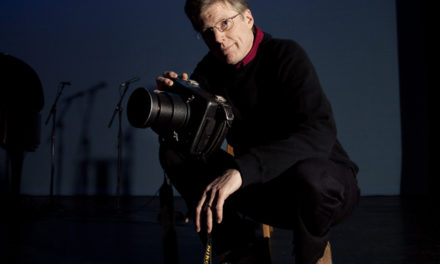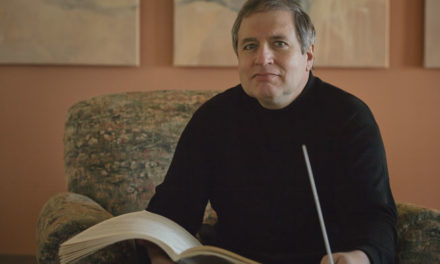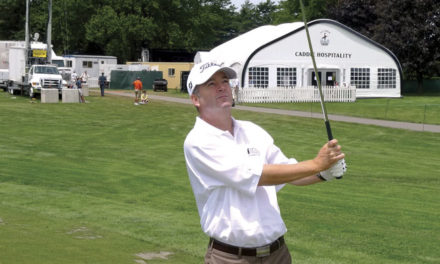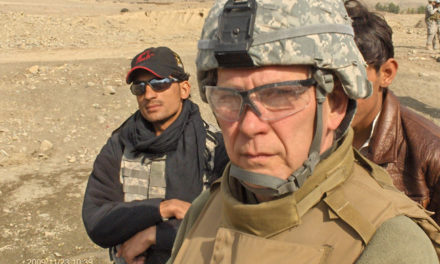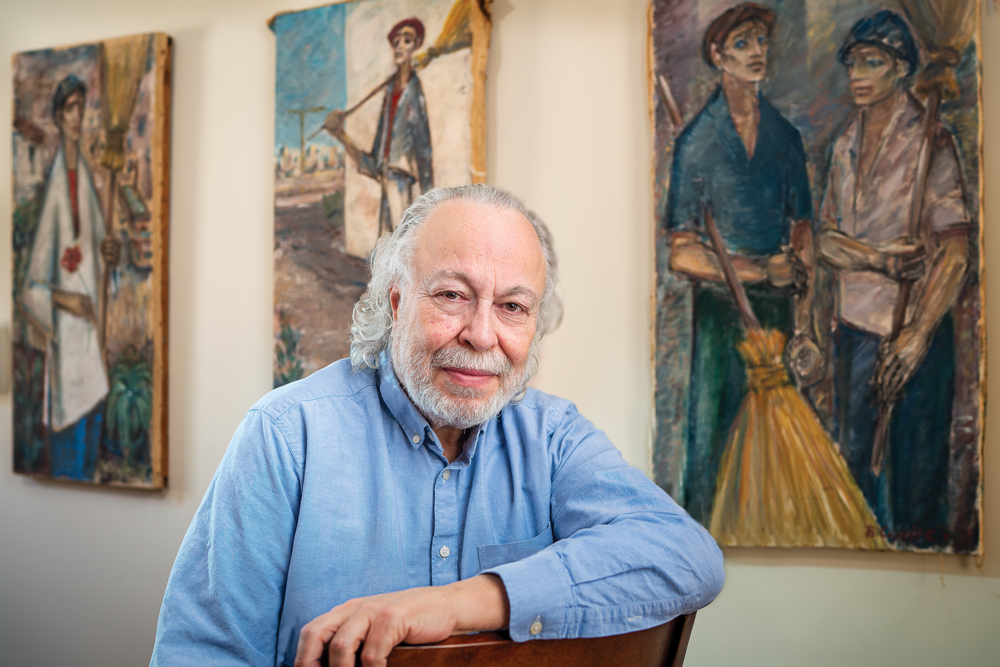
BY JANET MANDELSTAM
Jacky Comforty is a documentary filmmaker and oral historian with two seemingly disparate subjects: Holocaust studies and inclusive education.
But, he says, the two are not so dissimilar. Whether he is filming Holocaust survivors or children with disabilities, his documentaries serve a cause or an issue. “Inclusion is central in my work and my values,” Comforty says. “And it is the prism through which I look at the Holocaust.”
Founder and president of Comforty Media Concepts, he has lived in Bloomington since 2013. His best-known film, The Optimists, tells the story of the survival of Bulgarian Jews, including his parents, during World War II.
“They survived because of the resistance of the Bulgarian people, brave actions of common men and women,” Comforty says. After the war, his parents moved to Israel, where Comforty, 65, was born.
The Optimists took 17 years to make. “My parents said, ‘You must tell the story.’ I had to learn so much about the Holocaust, and I had to learn how to be a documentarian.” He also had to learn the Bulgarian language, one of four he speaks.
The film, finished in 2001, won several international prizes and was called “compact and elegant” by The New York Times.
During the long gestation period of The Optimists, Comforty heard stories about Jewish jazz musicians before the war, stories that became the basis for the film Balkan Jazz. “I wanted to preserve the entire community,” Comforty says. “Cultural preservation is not just about the Holocaust; it’s about friendship, resilience, memory.”
The 10,000 photos and 400 hours of interviews he has collected over the years will be preserved at the United States Holocaust Memorial Museum in
Washington, D.C.
Comforty came to the United States in 1990. One of his first jobs, in Illinois, was to make a film about the inclusion of students with disabilities in general education classrooms. “I trained myself to listen, to film at eye level,” he said. “It sensitized me to do my work on the Holocaust.”
His Inclusion Series—videos that show children with disabilities in real-life situations—is widely used by educators and parents. “In the last 10 years,” he says, “my focus has been on documentation of early childhood education around the world and locally in Bloomington.”
Comforty’s other current, long-term project is Peace by Piece, a documentary that includes interviews with Germans, Israelis, and Arabs who are working toward reconciliation between Israelis and Palestinians.
This spring, Comforty is a visiting artist at Indiana University, teaching a class on documentation and media creation.


